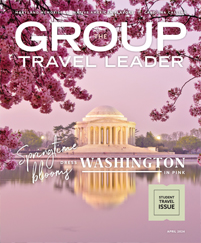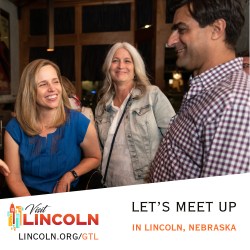Muna Haddad is the face of a movement.
Founder of Baraka, a Jordanian consulting company focused on building positive social impact through tourism, and a champion of the power of travel in Jordan and beyond, Muna represents the best aspects of the millennial generation. She’s entrepreneurial, courageous, undaunted by outdated social norms and committed to making a positive impact in the world.
Muna was one of the driving forces behind the creation of the Meaningful Travel Map of Jordan, a new initiative launched by the Jordan Tourism Board to direct visitors to communities and businesses throughout the country, where they can have direct, authentic interaction with locals. She was also instrumental in the creation of the Jordan Trail, a 400-mile route connecting more than 50 communities and tourist sites from north to south, and was the first woman to hike it all the way through.
I met Muna and many of her compatriots during Tourism Cares With Jordan, a philanthropic and familiarization event that took place in Jordan in late February. More than 70 tourism leaders from North America, including association executives, major tour operators, travel agents and journalists, joined this trip to see the wonders of Jordan and discover the positive impact responsible tourism is having in communities throughout the country.
Over the course of five days, even the most experienced travelers in the group marveled at Jordan’s historic treasures, charmed by the hospitality of the people and inspired by the visionaries, like Muna, who are using tourism to make lasting change.
Empowering Local Women
Since the Tourism Cares delegation was so large, we broke up into smaller groups to experience some of the sites on the Meaningful Travel Map. Muna led my group on an excursion to Iraq Al Amir, a village about an hour’s drive from downtown Amman. There we visited a women’s co-op where locals entertain guests who come from nearby attractions.
Our hosts welcomed us with Arabic coffee, seasoned with cardamom, and Bedouin tea, flavored with mint. Muna translated as the local women at the co-op told us their story. They began weaving rugs on a single loom, and now, after more than two decades, they make ceramics, decorative paper products and olive oil soap. The women also offer hands-on experiences for groups, which can include cooking classes; the co-op also has an on-site restaurant and offers overnight stays at nearby homes in the village.
Our group listened attentively to the story before joining the local women in one of several hands-on activities. Later, we enjoyed a traditional Jordanian lunch prepared in part by the participants in the cooking class and reflected on the impact tourism can have for families in places like Iraq al Amir.
“Our group just spent $1,000 on that experience and lunch,” Muna told us. “That’s in a country where the minimum wage is $300 per month. This puts money in local communities and puts kids in school.”
The women’s co-op is also where we met Lina Annab, Jordan’s minister of tourism and antiquities. Though she holds a high office in in the Jordanian government, she is remarkably down-to-earth; even locals in the small villages we visited made a point to come greet her, and she talked to each of them as if they were dear friends. She also spoke with our delegation about the groundbreaking work being done by the women at Iraq al Amir.
“It’s an important touchpoint in trying to include the locals in the tourism value chain,” she told our group. “We might seem a little biased toward women. We are in a male-dominated culture, but that is changing. And it is women driving the change.”











